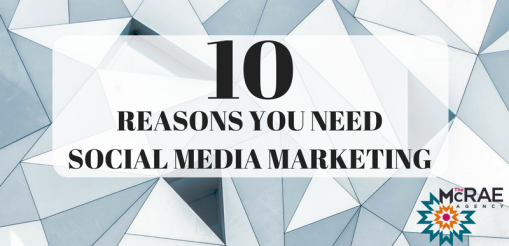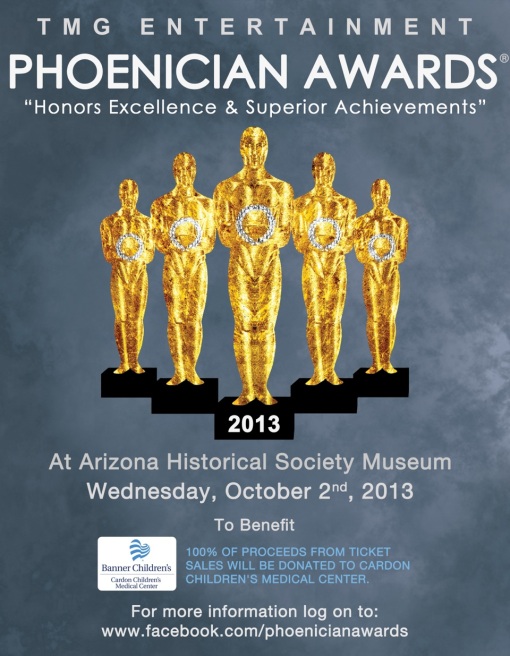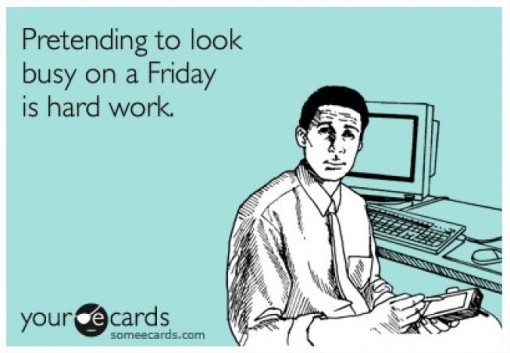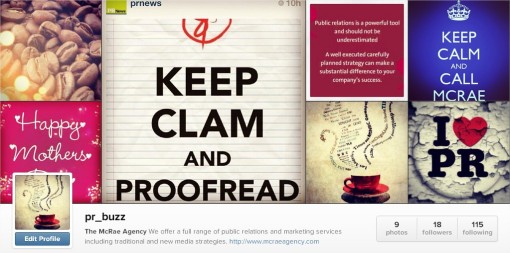I feel like I have this same argument at least twice a year when a disgruntled entrepreneur lambastes PR agencies. And I am invariably bemused when I dig deeper only to find the complainer has poured a bunch of negative experiences into a collective bucket and thrown the PR industry baby out with his or her personal bathwater.
So, following Kevin Leu’s recent post on “5 reasons you’ll regret hiring a PR firm for your startup,” here I go again, but this time I’ll mirror his points with my own five reasons you won’t regret hiring a good PR firm for your startup.
1. They will keep your story honest
I have always been a PR agency guy and have been working deeply with startups for almost my whole career — starting with companies like Sun and Autodesk in the late 1980s through launching Digital Chocolate and Webroot 10 years ago to companies like Evolv today. I have never met a CEO or founder who thought his or her product was anything but newsworthy.
Good PR agencies temper that enthusiasm and ingest some realism. No one wants to hear their company isn’t newsworthy, but some companies just aren’t. Good PR agencies keep it real and really good ones find other creative ways to communicate the company’s brand value. Bad PR people feed egos and apologize later — that serve’s no one’s interest. You want unfettered praise about your product or your company, it’s Mother’s Day on Sunday, ask her. The more sober and honest you are about your story and your media goals, the more strategic you can be.
By the way, anyone who thinks a press release is anything more than search engine fodder isn’t paying attention. Releases have value, but no reporter worth his or her salt gleans stories from press releases. Press releases are for your web site and other, let us call them, receptive audiences (again Mother’s Day is Sunday). You want to tell a story? Write three good lines in an email to a reporter whom you know covers your company or industry. If you can’t hook them in three lines, you’ll never hook them. And if you don’t know who to send the email to, well then let’s move on to Point #2.
2. Their past experience means they know the right reporters and outlets
I have worked with Pulitzer Prize winners. I’ve worked with arrogant sloths. Some of my best friends are reporters. I’ve hung around them since my days drinking with the staff of Electronic News in 1986. That means my experiences color, influence, and inform every client engagement I take. My past successes don’t mean I can always make a future client successful, but they do mean I have access. If the story is good, it will get a hearing — and that’s a valuable thing in this competitive world. If it’s bad or even mediocre, all the contacts in the world won’t help. But if the story is good, then they can help immensely (see Point #1).
3. They may not know everything, but just might know more than you
There is something in the coffee at many PR agencies that makes junior and mid-level staff think they know much more than they sometimes do — but I’ll take a confident staffer over a tentative one any day. And remember one thing: they do this everyday, all day. So when an entrepreneur is dealing with QA or buying Aeron chairs, or in a board meeting, your PR agency is doing PR. So when they say it’s uncool to send a gift to a reporter after a story has hit, don’t send it. When they say is TA-reese, not TA-rez-A, listen to them. And when they say that your enterprise software story won’t work in TIME Magazine, they’re right. Oh, and don’t always assume they don’t understand sometimes arcane technology — like what a software abstraction layer is. Sure, some PR people are, shall we say, over-extended, but others are brilliant. Again: babies and bath water.
4. They’re thinking beyond publicity
The more brilliant ones are starting to think beyond publicity. Clients complain about inflated clip reports because that’s the only measure some smaller-minded clients can think of. Here’s a fun fact: According to a Pew study a few years ago (and it’s absolutely trending this way even more now), about 10 companies represent more than 40 percent of all tech press coverage. You know which companies they are; there in the press every day.
So guess what, your media chances just got sliced almost in half. Moral of the story: you had better find another way to communicate with your audiences. The good PR agencies are doing just that. But if a client insists on making buggy whips, well guess what, we’re going to show them how many horses there are on the street. And I can guarantee you, the most carefully crafted ideas — at this time when communications are undergoing such rapid change – are not going to come from the PR manager at your new startup.
5. They’re a better value than an internal employee
That brings me to my final point. Anyone who thinks a PR manager can do the work of a PR agency is either cheap, has never had a good PR firm, doesn’t really care, or some combination of all of the above. And don’t give me some financial analysis that shows an internal hire is cheaper. If that were true, you’d have formidable accounting and law departments at every company in the US and fewer accounting and law firms. And the fallacy that a $100,000 PR contract is better spent on one or two employees is especially ill-conceived. With payroll taxes and benefits, any employee actually costs about 20 percent more than a service contract.
But, here’s the real kicker: When you hire an employee, you only get that individual’s personal experience. When you hire an agency, you get the whole team’s perspective and background.
Finally, what do you think happens to that PR manager after six months? He or she realizes that the growth path inside the company is outside PR and he or she starts to attend a bunch of meetings to demonstrate their other skills and assess where they might contribute to the organization in a larger, more lucrative role. Then, they turn to you and say, “You know, with all the other stuff I’m doing beyond PR, I’m really not getting to my core function and I think we should consider hiring an agency.”
There are business reasons to hire or not hire a PR firm. Many reasons are valid. But to dismiss any option categorically or to blithely substitute one’s own poor experiences as a reflection on an industry is questionable advice.











